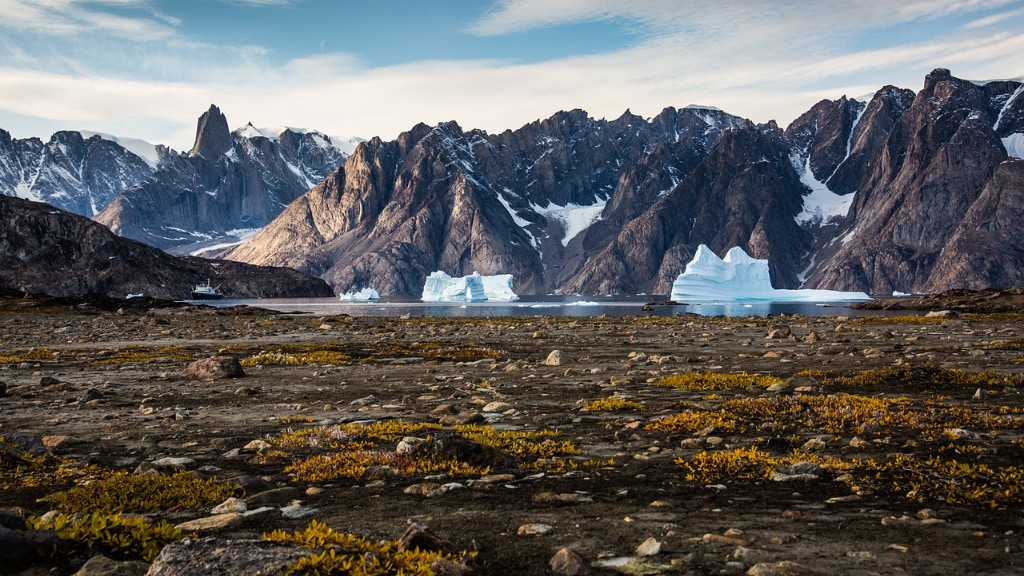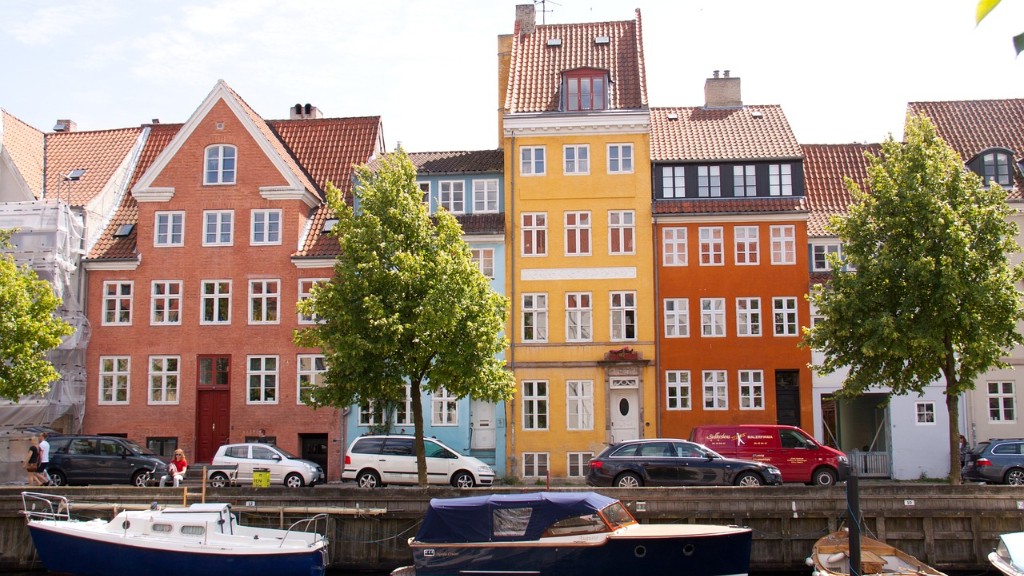Is Greenland Owned by Denmark?
Greenland, the world’s largest island, has long been a subject of intrigue and curiosity. Nestled in the Arctic region, it is often associated with its breathtaking landscapes, icy fjords, and abundant wildlife. But a question that arises frequently in discussions about the island is: Is Greenland owned by Denmark?
The answer to this question is somewhat nuanced. While Greenland is an autonomous territory of the Kingdom of Denmark, it has increasingly gained more self-governance and control over its internal affairs.
Greenland was formally integrated into the Kingdom of Denmark in 1953 and held the status of a county. However, in 1979, a pivotal change occurred when an act of the Danish parliament granted the island self-rule, effectively making it an autonomous region. This act provided Greenland with its own parliament and considerable executive powers.
Since then, Greenland’s government has gained more control over several key areas, including justice, police, and natural resources. However, Denmark still retains authority over defense, foreign affairs, and monetary policy.
One of the main catalysts behind Greenland’s push for greater autonomy and independence is its abundant natural resources. The island is believed to hold vast reserves of oil, gas, and minerals. These resources have the potential to transform Greenland’s economy and make it financially self-sufficient.
Experts and researchers have differing opinions on the issue. Some argue that Greenland should have complete independence from Denmark, akin to other Nordic countries like Norway and Iceland. They believe that Greenland’s unique cultural identity and aspirations for self-governance should be respected and supported.
On the other hand, there are those who believe that maintaining ties with Denmark provides stability and economic security for Greenland. They argue that the Kingdom provides financial assistance for social welfare programs and infrastructure development, ensuring a higher standard of living for Greenlandic residents.
While the discussion surrounding Greenland’s ownership and autonomy continues, it is important to note the recent geopolitical interest in the island. Greenland’s strategic location and its potential as a hub for Arctic trade have caught the attention of global powers, including China and the United States.
In 2019, a diplomatic dispute arose when it was revealed that the former U.S. President Donald Trump had expressed interest in purchasing Greenland. Denmark dismissed the idea, but it highlighted the increasing awareness of Greenland’s geopolitical significance.
The Impact of Climate Change
Climate change is another crucial aspect of the Greenland ownership debate. The warming of the Arctic has resulted in melting glaciers and an increase in sea levels. This phenomenon has opened up new opportunities for shipping routes and access to natural resources.
However, the effects of climate change also pose significant challenges for Greenland. The island’s traditional way of life, centered around hunting and fishing, is at risk as ice melts and ecosystems change. Additionally, rising sea levels threaten coastal communities and infrastructure.
These impacts have led to calls for international cooperation to address the challenges faced by Greenland and other Arctic nations. Both Denmark and Greenland are actively involved in discussions and initiatives aimed at mitigating the effects of climate change and promoting sustainable development in the region.
The Role of Indigenous People
Indigenous communities play a vital role in the debate on Greenland’s ownership. The majority of Greenland’s population consists of Inuit people, who have inhabited the island for centuries. Their unique culture, language, and way of life have shaped the identity of Greenland.
Many indigenous groups in Greenland advocate for greater self-determination and the recognition of their rights. They argue that decisions concerning Greenland’s ownership and natural resources should prioritize the well-being of indigenous communities and protect their cultural heritage.
The Road Ahead
As Greenland continues to navigate its path towards greater autonomy and potential independence, it is clear that the question of ownership will remain a topic of discussion. The island’s unique geographical location, natural resources, and the impacts of climate change all contribute to its complexity.
Ultimately, the future of Greenland’s ownership rests in the hands of its people and their aspirations for self-governance. Whether Greenland will ultimately become fully independent from Denmark or maintain its current status as an autonomous territory, the ongoing dialogue surrounding its ownership is a testament to the island’s significance on the global stage.




